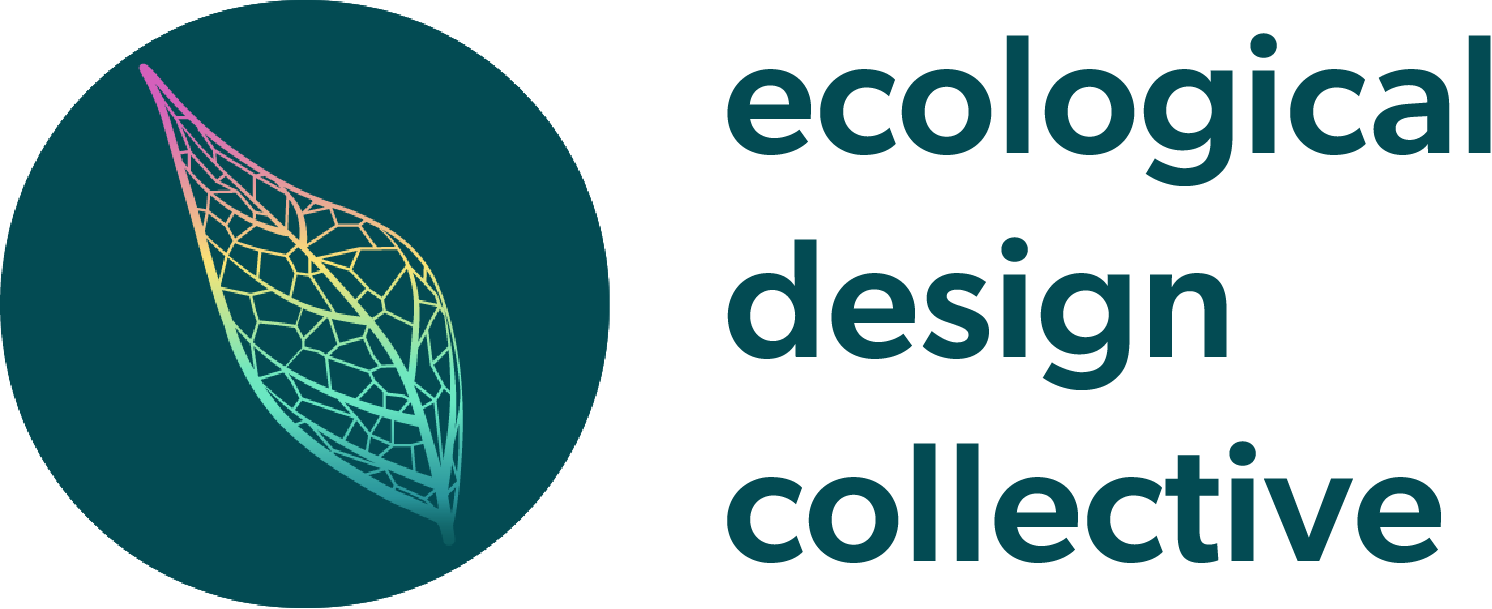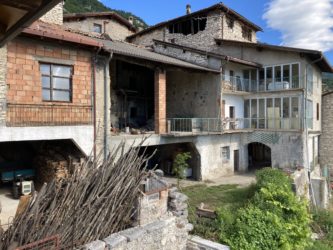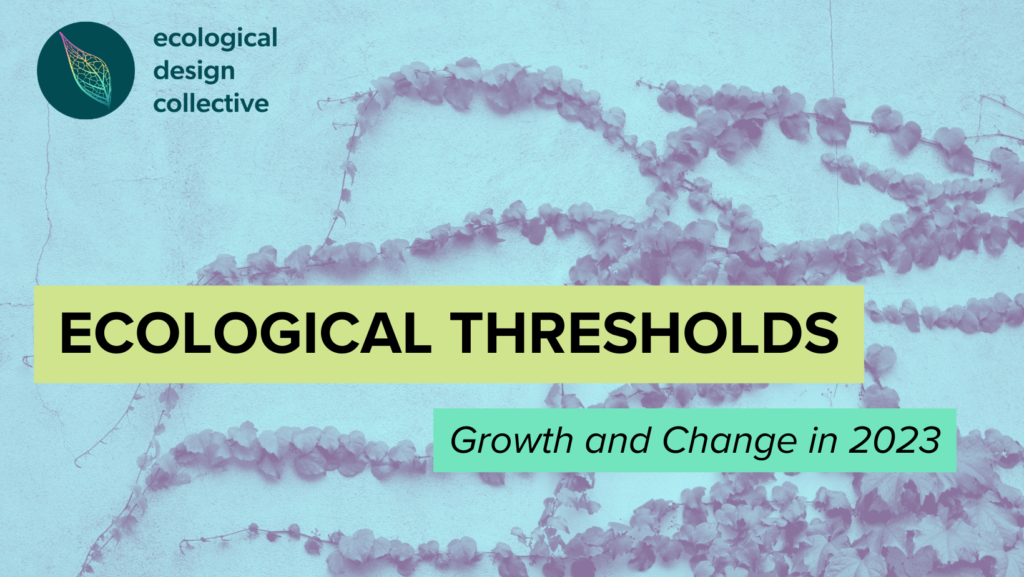
On the Term “Degrowth”
The first time I heard the term “degrowth,” I felt unsettled and confused. I agree with Mike Degani’s assessment of the term in his recent post. Given the dreadful stakes of ceaseless growth, we should spend a few minutes pausing on the term and consider whether it may be possible to give degrowth a better chance by taking the “de” away and replacing with something more appealing.
I have been randomly asking friends about the term. While those who are familiar with it, like the concept, no one likes the term. If you think about it, some very important terms with “de” have not done well, the one that comes immediately to mind is “defund.” There is almost always something negative in these terms which is of course the very function of “de”—decompose, deform, derail…
One might argue that if choice of better considered terms and more broadly if the use of persuasive language were going to have an impact on ideas about the climate crisis, we would be in a better place by now. We need to think hard about the fact that in the last few decades, it seems as though language has been failing us—failing its crucial function of bringing people closer together, and in bridging ideological divides and positions toward science.
That may be, but I don’t think we can give up on language. It is just not an option. If we did, we would have to stop talking. Instead, let us ask ourselves what do we want the result of using a term to be? We want the term to attract, intrigue, and persuade. We want those who hear it to give it a chance and become interested without the form of the term itself being a distraction or worse a reason for aversion.
A recent review in The Guardian of Kohei Saito’s book Capital in the Anthropocene notes that “The mere mention of the word ‘degrowth’ conjures negative images of wealthy societies plunged into a dark age of shrinking economies and declining living standards.”
I would say that “degrowth” distracts and detracts.
Let us think of a few alternatives. I have not found one that is short and pithy and all around adequate. The first one that comes to mind is “post-growth” that is used by some authors. This term does not address the problems with degrowth except that it has gotten rid of “de.” It is equally confusing and not necessarily any more intriguing or attractive. In my field of Islamic Studies, it became fashionable for a while to talk about “post-Islamism.” No one ever quite understood what it meant and at the moment, it seems to have lost its appeal.
We want a term that is not being asked to do the job of explaining an entire school of thought just by uttering it. There should be room to follow up and a desire to know more — “What do you mean by…” — after hearing the term. Perhaps this is more likely with a term that confuses less and appeals more. Here are a few suggestions: slow growth; green growth; sound growth, mindful growth; wise growth, refined growth.
I am aware that none of these terms are snappy enough. But I think further reflection on possibly replacing “degrowth” with other terms would be worthwhile.







I love these reflections Niloofar! For the sake of debate will put in a good word for the term. For all of its weirdness, degrowth is a “missile word” that means what it says. I can easily imagine the Davos set endorsing “sound growth” or “mindful growth” because those are congenial terms that do not specify what needs to be stopped. Harder to co-opt degrowth, whose ugliness is at least honest.
That said, I am sensitive to the fact that many people will find it sufficiently off-putting or counterintutive as to not bother. I don’t have any solutions except to note that “la décroissance” in French or “la decrescita” in Italian refer to a river going back to its normal flow after a disastrous flood. So something with the connotation of return, you know?
Mike, you make a very good point–some terms are harder to co-opt than others and degrowth is one of them. Maybe after we explore other terms, we will conclude that actually this term does not need to be changed and in fact, I doubt those who have been thinking and writing about it would want this change.
I tried to see if I can find a term in English that would capture a river going back to its normal flow after a disastrous flood–an image that is both on target and poetic–but could not. I think terms like slow growth are less co-optable than mindful, etc. but let’s see if our search for a better term will also add to our thinking about the whole idea of degrowth.
I’m fascinated by this exchange @Mike and @Niloo . Decrescita reminds me of decrescendo, in music, which, like degrowth, includes the rise that is now falling. There’s much more going on with such a term, from the Italian, than the English word I think of with regard to receding waters, ebb. An odd little one, that word. But I’m generally stuck myself on the point that Niloofar raises in this excellent post. As you both may know, I’m beginning to work on a new book project about decay. Decay is sort of ugly too, something about that prefix, de-. Rot is more straightforward and to the point, but maybe there’s something to the inclination to lean into the decrease, to acknowledge the increase that has to be decreased, maybe degrowth works for that reason?
Thanks for sharing this provocative reflection, Niloofar. It seems worth a few thoughts to consider moving away from the word growth altogether. What is really happening? What happens ‘naturally’? Regeneration? Emergence? Evolution? Is there another way to think about the concept of a human moving through their life cycle, sustaining their health, and generating their livelihood over time? … Just food for thought.
Pamela, glad to read your thoughts. You are right to ask us to change direction maybe and ask why even use “growth” in the first place. Probably, we use it because it is part of the very established vocabulary of capitalism, used both by those who believe in it and those who see many problems in its inevitable logic—hence its ubiquity. So degrowth seems to be a direct response to this widely accepted and widely believed to be positive idea of growth. If we take your idea of humans moving through their life cycle, we might argue that at some point in our lives, what happens to our bodies cannot really be termed growth in the same sense as we would apply the term to children and adolescents—we marvel at how they are growing. Could we say then that capitalism is at a rather advanced age and its further growth is actually leading to widespread decay? I know Anand is writing about decay…
Hi again, something came up and I had to suddenly stop writing. I think you and Michael Degani both have suggested ways to think about the issues, Michael by looking at what words other languages use for degrowth, and you by offering different metaphors that we might consider. I think both paths will help us understand the concept better—what is it and what are we really saying about it. And also they might lead to a better set of terms for the concept or aspects of the concept. One question is what aspect of it do we try to capture in a term. I hope we continue this dialogue.